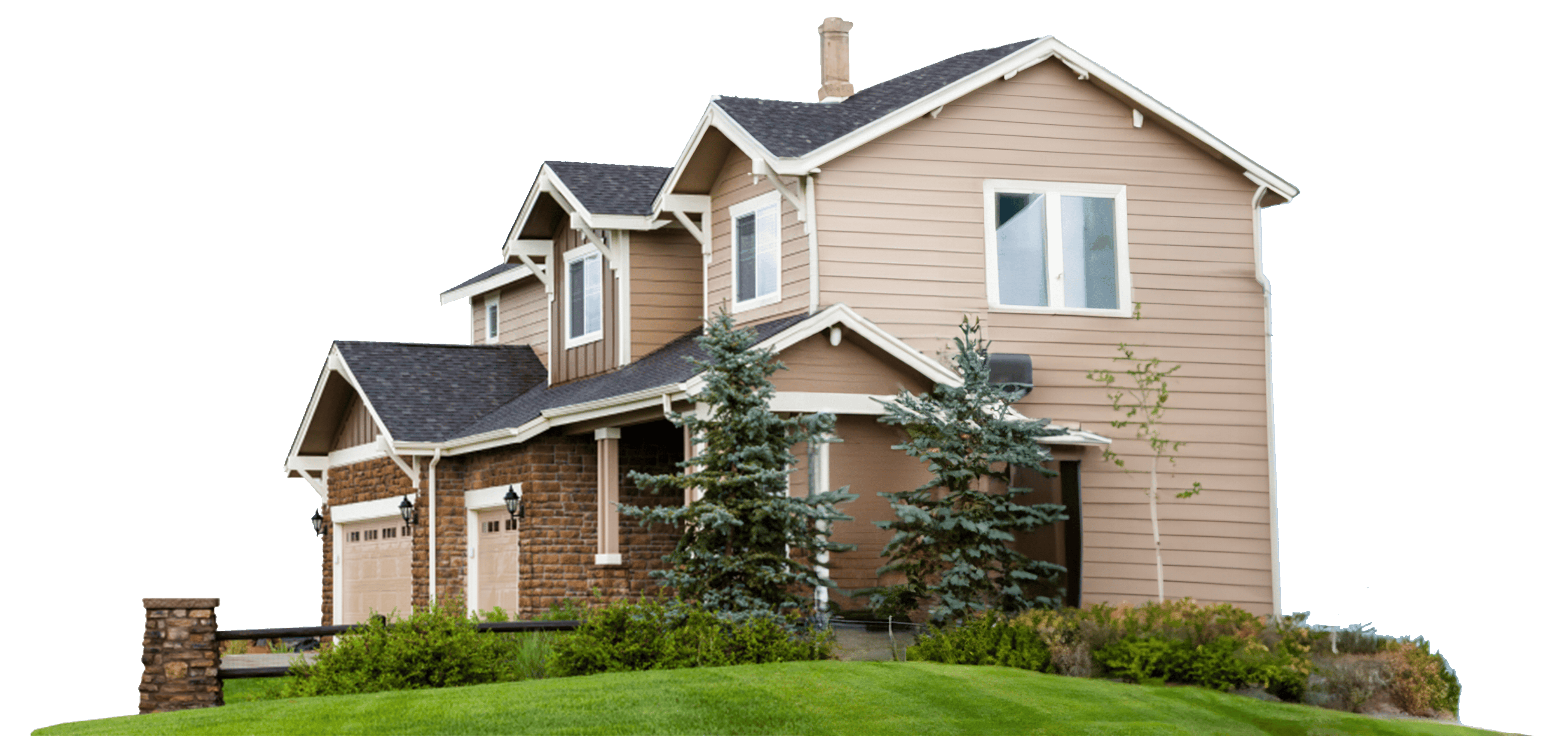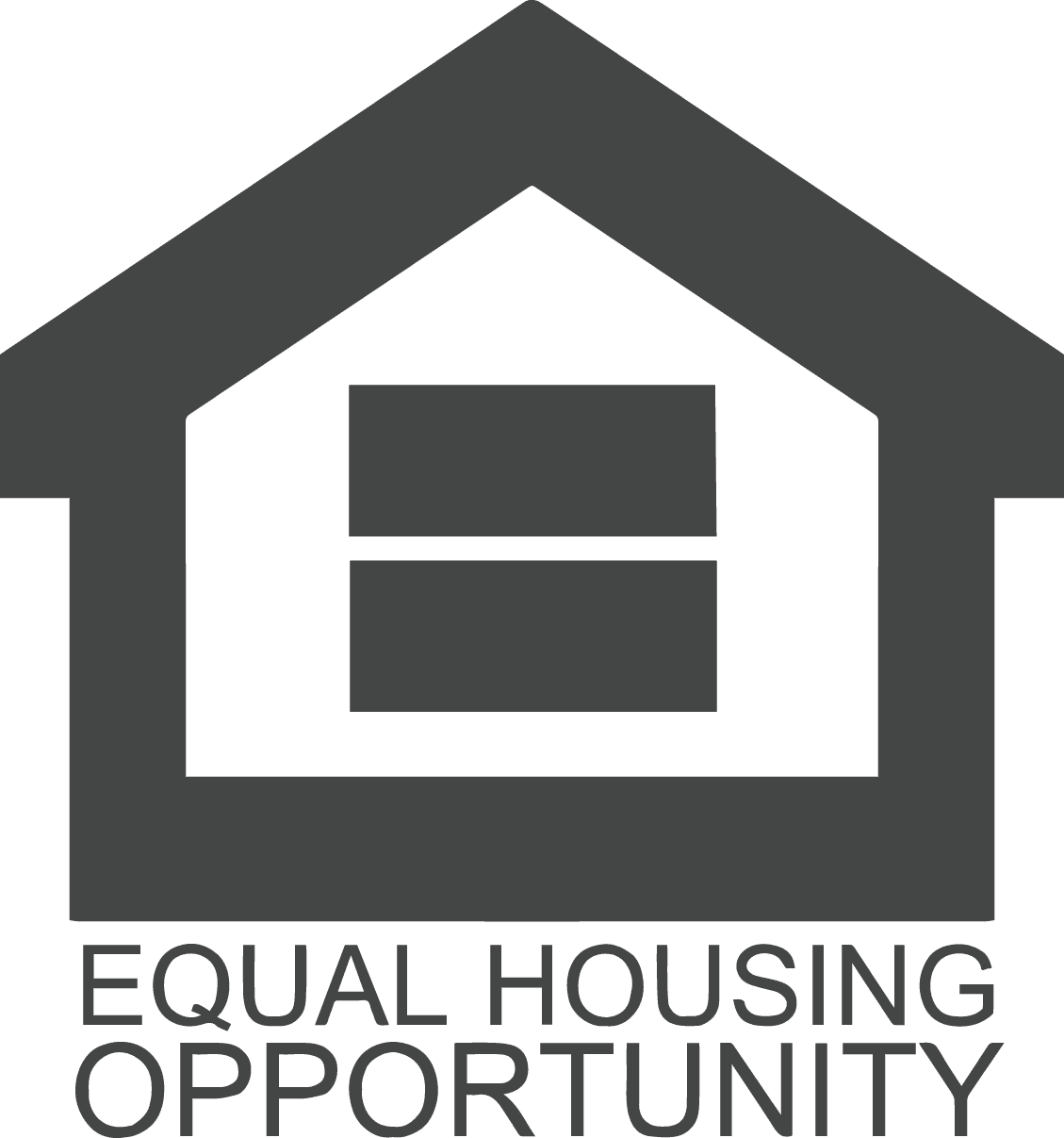Conventional loans

Enjoy lots of benefits and a few simple requirements.
Benefits
No private mortgage insurance (PMI) with 20% down
May require less documentation and therefore take less time to process*
Higher loan amounts available*
Unlike an FHA loan, PMI will be eliminated with LTV of 80% or less
*Compared with FHA mortgages
Eligiblity
Requires minimum FICO® Score of 620
Stricter debt-to-income ratio requirements*
Can finance primary residence, second home, or rental property
Empty Paragraph
Conventional Loan vs. FHA
Conventional Loan
Conventional loans conform to Fannie Mae/Freddie Mac guidelines and are a financial agreement between the lender and the borrower. Conventional loans are not government-backed so they may be harder to qualify for than FHA loans, but they typically have lower costs.
- May offer lower interest rates
- No private mortgage insurance (PMI) with 20% down payment. Shorter-term PMI with less than 20% down.
- More expensive home purchases possible
- Available as fixed-rate and adjustable-rate mortgages
- Require minimum credit score of 620
- Often require 20% down payment. Some gift funds allowed.
- May require less documentation and therefore take less time to process
FHA Loan
An FHA loan is administered by the Federal Housing Administration (FHA) and is easier to qualify for than a Conventional loan. With the FHA guaranteeing the loan, lenders are more willing to approve applications, but FHA loans are usually more costly.
- Down payments as low as 3.5%
- Single-family homes, condos, multi-unit properties, and manufactured homes
- Mortgage insurance is required
- Entire down payment and closing costs can sometimes be covered with gift funds
- Extra funding available for renovations and repairs with FHA 203(k) program
- FICO® Scores as low as 580 may qualify

Get a quote today
- No commitment
- Fast and secure
- Risk-free
Is a Conventional loan the right choice for your situation?
Wondering which type of mortgage is best for you? Many homebuyers prefer Conventional mortgages because they offer more flexibility and the costs accompanying the loan are often less expensive.
Conventional loans are not insured or guaranteed by the government. Instead, the loan is backed by private lenders. This can make them harder to qualify for. If you have a solid credit score and little debt, a Conventional loan is a great option. Even if that’s not the case, there’s still a chance you can qualify.
Another reason people like Conventional mortgages is because they allow you to purchase a more expensive home. There are two types of Conventional loans: conforming and non-conforming. In order to be considered conforming, the loan must meet the guidelines set by the Federal Housing Finance Agency (FHFA). Good news — the FHFA raised conforming loan limits again this year. The maximum limit for 2024 is $766,550. And in areas with higher home prices, the limits are even greater. We can let you know what the maximum is in your neighborhood.
Conventional loans that exceed the loan limit are called non-conforming or Jumbo loans. Embrace offers our own Jumbo loans. Ours are less complicated and often easier to qualify for. We offer as little as 10% and 20% down for loans up to $1.5M and $2.5M, respectively, and have options for buyers with credit scores below 740.
Conventional and FHA loans are the two most common types of mortgages in the country. Understanding the requirements for each can help you figure out which one is right for you.
Frequently asked questions
The answer is yes. You can refinance with a Conventional loan and lower your current mortgage payment, change terms, or convert from an adjustable-rate mortgage (ARM) to a fixed-rate mortgage. The two most important things you’ll need to refinance are a good credit score and a successful appraisal of your house. A rate and term refinance could deliver big savings.
A simple first step in the mortgage process is getting pre-qualified. Embrace Home Loans can pre-qualify you over the phone or online. We’ll go over your information and discuss your goals. Shortly thereafter you’ll get your pre-qualified amount — the amount for which you might expect to be approved for a loan.
High interest rates bring higher monthly payments and increase the overall interest you’ll pay over the life of your loan. A low interest rate saves you money in both the short and long term. Sometimes a bigger down payment can help you get a lower interest rate. Keep in mind that the money you pay in interest doesn’t ever go toward paying off the principal, so it’s smart to get the lowest interest rate possible and then pay off your house as quickly as you can.
The best way to start any mortgage process is with the help of a lender that's 100% on your side — and that's Embrace Home Loans. Simply call 800-333-3004 or fill out our quick, no-obligation and confidential GET A QUOTE FORM now. Your Mortgage Specialist will start working right away to find your ideal mortgage and will be with you every step of the way. This streamlined, personalized approach means the entire process will be as simple and stress-free as possible. In fact, it can all be wrapped up in as little as 21 days after receiving all your documents. There's just no better way to take the next steps toward a better financial future.
When you first meet or speak with a loan officer, they’ll just want to learn a few basics about you and your financial situation. Once the underwriting process gets started, you’ll need to provide proof of where you work, your income, any debts you may have, your assets, and how much you plan to put toward a down payment. Our loan officers will clearly explain your mortgage options and answer all your questions so you feel confident in your decision.






